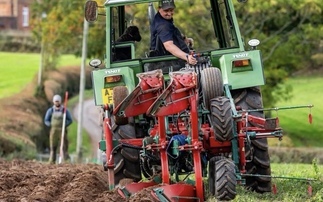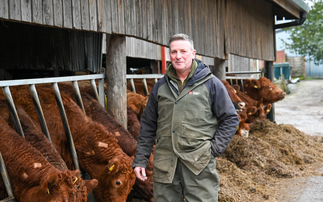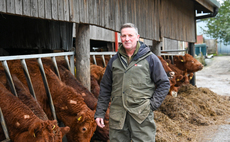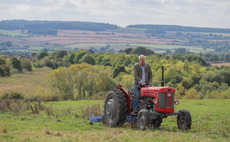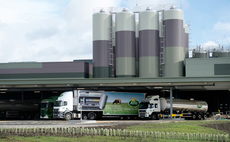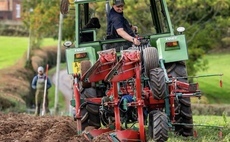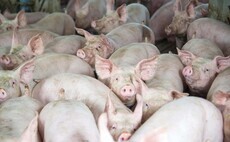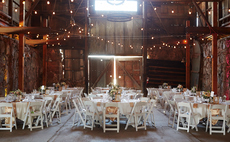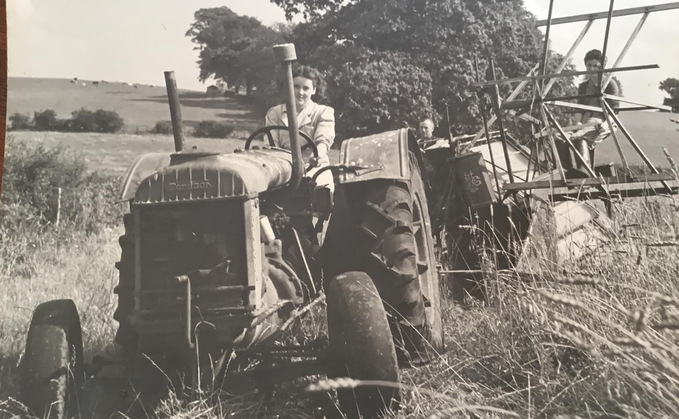
In a bid to increase domestic food production, War Agricultural Executive Committees were established, all of which were Government-backed organisations.
Working in each county, each committee had the power to serve orders to farmers, such as requesting certain work to be done and they could even take possession of the land in cases of default.
Crop dictation
Committees could also dictate what kind of crops should be planted in which fields.
Between 1939 and 1940, British farmers increased the total productive land in the UK by 688,000 hectares (1.7 million acres).
It was set up in World War I too, formed by the Board of Agriculture and county councils.
Overview of functions:
Increased food production: The aim was to maximise the output of British farmland to compensate for the loss of imported food as German blockades threatened Britain's food supply.
Oversight of agriculture: The 'war ag committees' conducted surveys of rural land and had the power give orders to farmers.
Taking control of land: Committees were allowed to take possession of the land to ensure it was cultivated properly, in cases where farmers failed to comply.
Direction on crops: Committees had the power to decide which crops should be planted in which fields to best increase food production.
Enforcement of regulations: Committees handled other matters too, including organising pigeon shoots to protect crops from rooks in the first world war.
WATCH NOW:









